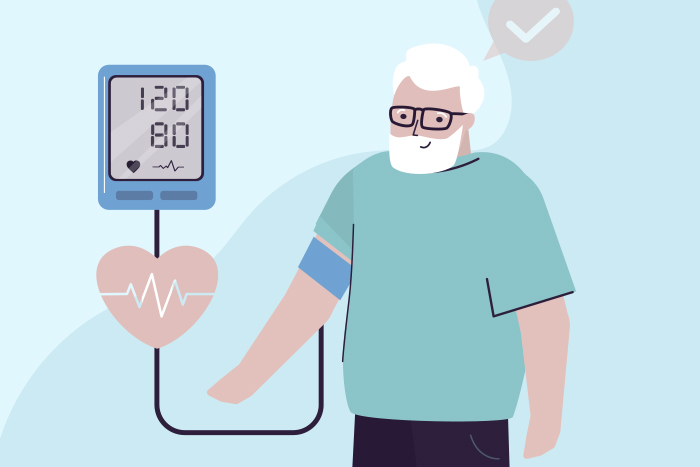Managing Stress When You Have Heart Problems
Life can be stressful, and that stress doesn’t just stay in your mind—it affects your heart, too. Over time, chronic stress can lead to high blood pressure, increased heart rate, and even heart disease. The good news? There are easy ways to reduce stress and protect your heart.
In this article, we’ll explain how stress impacts your heart and share simple, effective ways to feel more relaxed and stay healthier.
How Stress Affects the Heart
When you’re stressed, your body releases hormones like adrenaline and cortisol. These hormones raise your blood pressure and make your heart beat faster. This is helpful in short bursts, but if you’re stressed all the time, it puts too much strain on your heart.
Chronic stress can:
Raise your risk of high blood pressure
Increase inflammation in your body
Lead to unhealthy habits like smoking, overeating, or skipping exercise
Disrupt your sleep, which is important for heart health
According to research, people with high levels of long-term stress are more likely to develop heart disease.
Signs That Stress Is Affecting You
Everyone feels stress differently, but here are some common signs that it might be taking a toll on your health:
Trouble sleeping or staying asleep
Feeling tired all the time
Headaches or body aches
Upset stomach
Feeling overwhelmed or irritable
Eating more or less than usual
If these feelings last for more than a few days or are affecting your daily life, it might be time to take steps to manage your stress.
Easy Ways to Manage Stress
You don’t need fancy equipment or big changes to reduce stress. Here are some simple things you can try at home:
1. Deep Breathing
Take a few minutes to sit quietly and focus on your breathing. Inhale slowly through your nose, hold for a few seconds, then exhale through your mouth. Repeat this for 5 to 10 minutes.
2. Gentle Exercise
Walking, stretching, or doing light yoga can help lower stress levels and improve heart health. Aim for 20 to 30 minutes of activity most days.
3. Stay Connected
Talking to a friend or family member can help you feel supported. Even a quick phone call or visit can lift your mood.
4. Try Meditation or Prayer
Spending a few quiet moments in prayer, meditation, or gratitude can help calm your mind.
5. Do Something You Enjoy
Reading, gardening, knitting, or listening to music can help you relax and take your mind off worries.
6. Limit Caffeine and Alcohol
These can increase feelings of anxiety or make it harder to sleep. Try cutting back, especially in the evening.
7. Keep a Routine
Having a regular daily schedule, especially for meals, exercise, and sleep, can make life feel more manageable and less stressful.
Tips for Better Sleep
Stress can make it hard to sleep, and poor sleep can make stress worse—a tough cycle. Try these tips for a better night’s rest:
Try going to bed and waking up at the same time each day
Avoid screens (TV, phone, tablet) at least an hour before bed
Keep your bedroom quiet, dark, and cool
Avoid heavy meals late at night
When to Talk to Your Doctor
If stress is affecting your sleep, appetite, mood, or daily life, talk to your doctor. They can help you figure out what’s going on and what might help. You may also want to speak with a counselor or therapist.
Stress is normal, but it doesn’t have to run your life. Taking small steps each day to care for your body and mind can lead to big improvements in how you feel.
Make Changes Small But Attainable for Big Results
Managing stress isn’t about being perfect—it’s about finding what works for you and doing your best. Even a few minutes a day of deep breathing or a short walk can make a difference. With time and patience, you can take control of your stress and support your heart health.
Sources:
Harvard Health: Stressing about heart health
Harvard Health: Under pressure: How stress may affect your heart
Mayo Clinic: Tips to keep stress from hurting your heart

